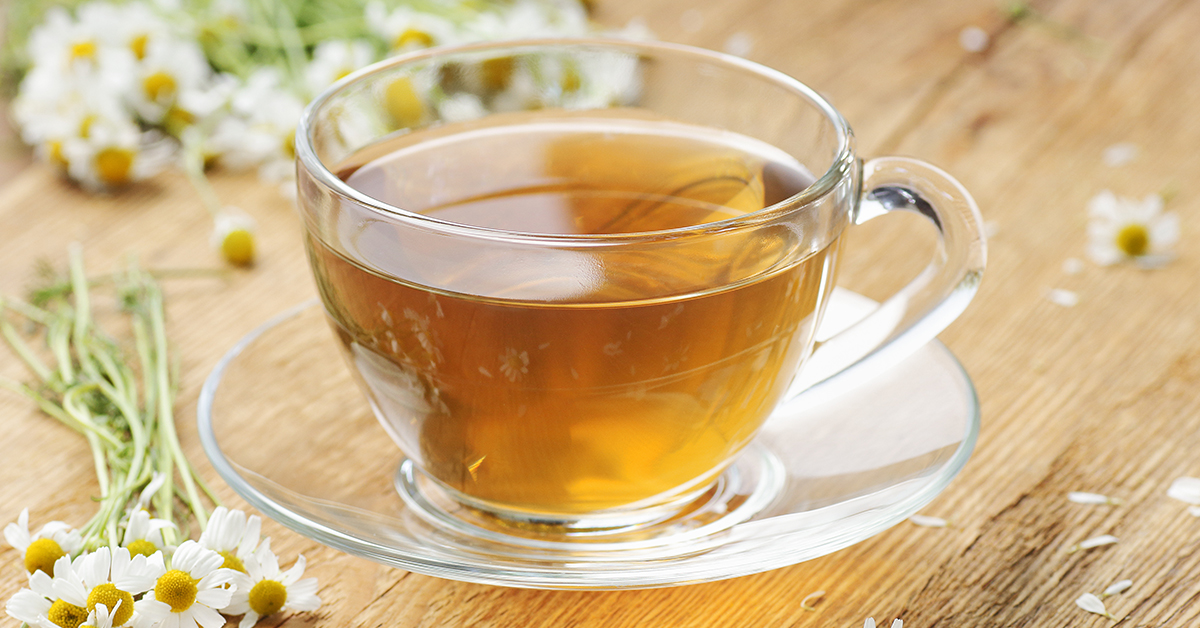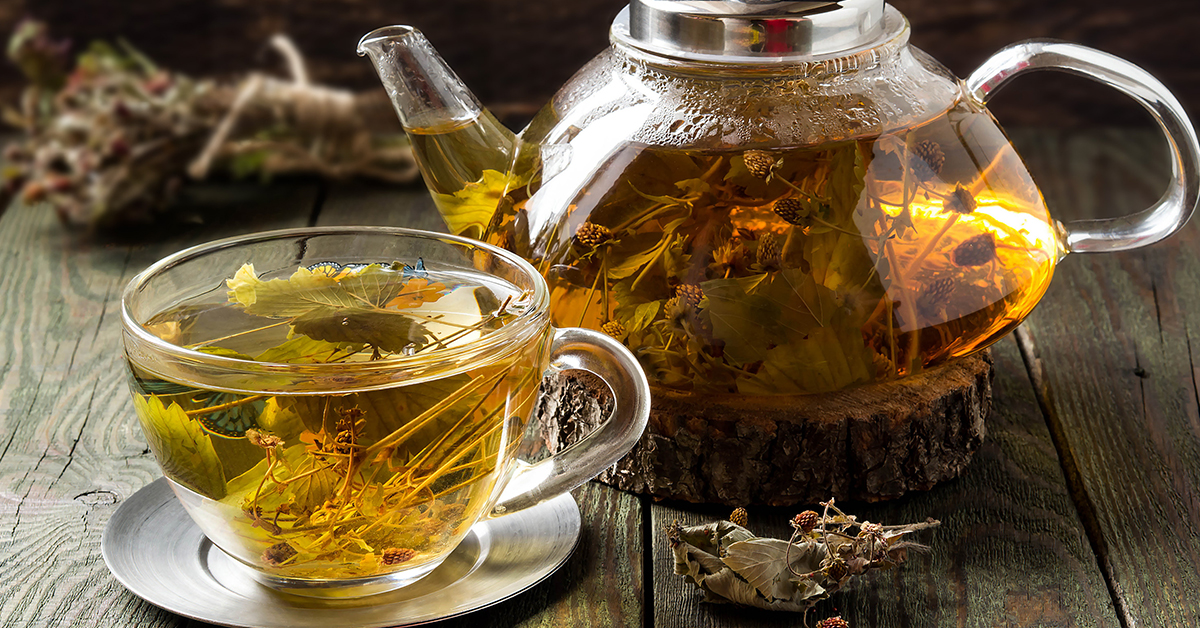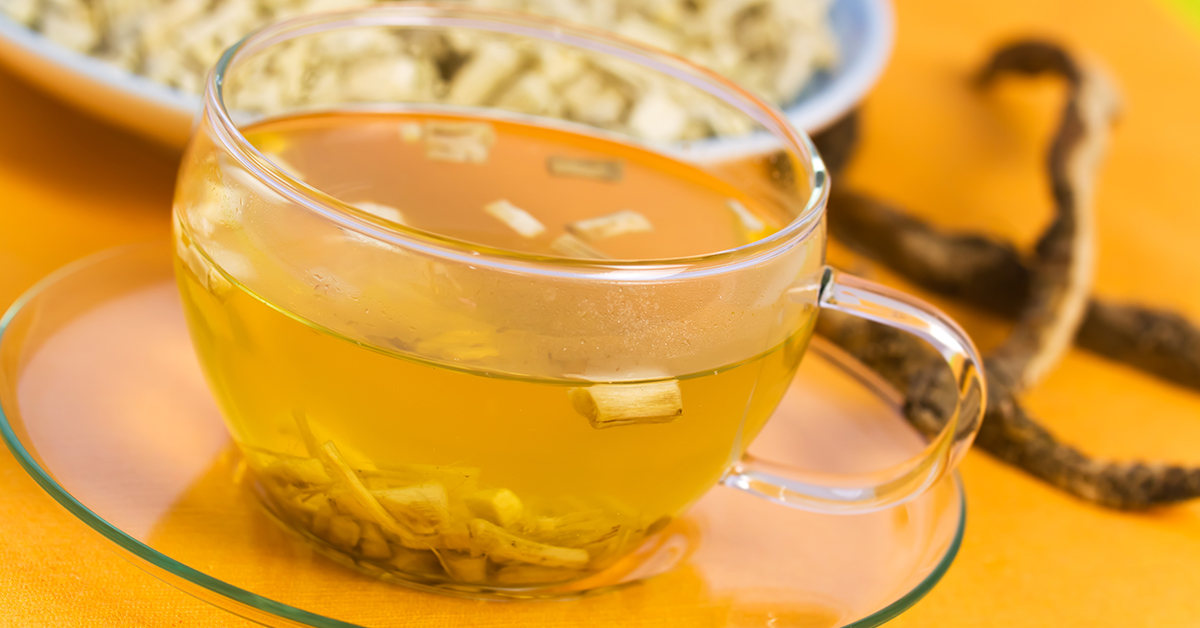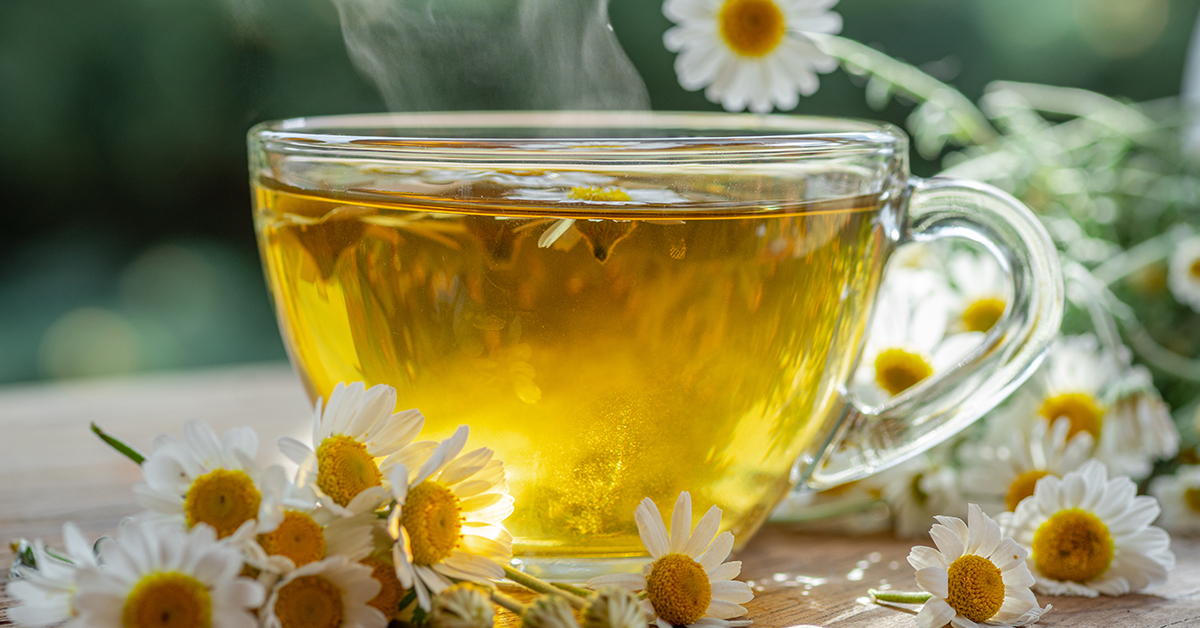In this article about herbs for diarrhea:
🌿 Herbs for Soothing Diarrhea | 📜 Natural Blends for Diarrhea Relief | ☯️ Integrating Herbs into Daily Life | 🌱 Navigating Herbs Safely
Diarrhea is not only a common discomfort but also a significant disruptor of daily activities, often bringing painful cramps and the risk of dehydration. This blog post explores traditional herbs, providing relief with a gentle approach.
We will discuss the benefits of chamomile, raspberry leaf, agrimony, and other herbs that have been trusted for their soothing effects throughout history and proven by modern science. These natural remedies stand out as effective, holistic alternatives in modern medical treatments, helping to manage and alleviate the symptoms of diarrhea.
Whether you’re looking to calm an upset stomach or seeking a comprehensive approach to digestive health, this guide offers valuable insights into integrating these time-honored herbs into your daily life.
Key Takeaways
- 🌿 Herb versatility & effectiveness: Herbs like chamomile, raspberry leaf, and agrimony offer a traditional approach to soothing digestive issues and have been proven effective through history and recent studies.
- 🍵 Herbal daily integration: Integrating these herbs into daily routines, whether through teas, infusions, or meals, can enhance digestive health and overall well-being.
- 🧘♀️ Holistic health strategy: Adopting additional health practices such as maintaining hydration, engaging in stress reduction techniques, and regular physical activity can amplify the benefits of herbal remedies.
🌿 Herbs for Soothing Diarrhea
Diarrhea is a common yet bothersome condition marked by loose, watery stools, often accompanied by abdominal cramps and dehydration. Various factors, including infections, dietary choices, and stress, can trigger this digestive issue, impacting daily life significantly.
Amid modern medicine, chamomile, raspberry leaf, agrimony, marshmallow root, wild strawberry leaf, meadowsweet, and lady’s mantle emerge from the natural world as effective, gentle remedies. These herbs, with a rich history spanning centuries, have been revered for their healing properties. They offer a comforting solution to those suffering from diarrhea, providing relief through their anti-inflammatory, astringent, and soothing qualities.
Chamomile
Chamomile has been a go-to herb for centuries, not just for its calming effects on the mind but also for its ability to ease digestive woes. Historically, it’s been used for everything from treating colds to reducing anxiety and, of course, soothing upset stomachs. It packs anti-inflammatory and antispasmodic properties, meaning it can help calm those cramps and reduce inflammation in the gut. Sipping on chamomile tea might just be your gut’s best friend when it feels out of sorts. Its gentle, calming effect can ease the discomfort that comes with diarrhea. Recent studies have reinforced chamomile’s role in effectively treating gastrointestinal conditions, further establishing its credibility in herbal medicine practices.
Raspberry
Raspberry leaf, a gentle remedy traditionally used to tone the uterus and aid in labor, extends its benefits to the digestive system. It acts as a mild astringent, tightening the tissues and managing diarrhea’s loose stools. Brewed as a tea, it provides a gentle, safe remedy for diarrhea, supporting the digestive system without the harshness of over-the-counter meds. This herb is also rich in vitamins and minerals, contributing to overall nutritional support, particularly magnesium, which may help improve digestive health.
Agrimony
Agrimony’s astringent qualities have made it a popular choice for treating skin conditions, sore throats, and, yes, diarrhea. Its ability to help tighten the gut’s mucous membranes makes it a natural way to address diarrhea’s leakiness. An agrimony tea could help reduce the frequency and urgency of bathroom visits, making your day easier. Agrimony is also known for its liver-supporting properties, which may further assist in the digestive process, promoting overall gut health.
Marshmallow
Marshmallow root isn’t just for sweets; thanks to its soothing mucilage content, it’s been used for centuries to treat digestive issues. This herb forms a protective layer on the digestive tract’s lining, reducing irritation and inflammation. A cold infusion or tea made from marshmallow root can be a godsend for an irritated digestive system, offering a soothing coat and much-needed relief. Moreover, marshmallow root’s hydrating properties can be particularly beneficial in restoring balance in cases of diarrhea, where dehydration can be a concern.
Wild strawberry
Wild strawberry leaves have been brewed into teas for their medicinal benefits, including digestive health. Like a raspberry leaf, these leaves also contain astringent properties that help tighten the digestive tract. A light, refreshing tea made from the leaves can be a pleasant way to manage diarrhea symptoms. Additionally, wild strawberry leaves are a source of antioxidants, which can help neutralize free radicals, reducing oxidative stress in the body, including the digestive system.
Meadowsweet
Meadowsweet has a fascinating history. It was originally used to flavor mead. It’s known for its pain-relieving properties and was one of the plants from which aspirin was derived. It’s not just good for pain; its astringent and anti-inflammatory properties make it useful for treating diarrhea. Meadowsweet tea can relieve the cramping and discomfort often accompanying diarrhea, acting as nature’s anti-inflammatory agent. The presence of salicylic acid in meadowsweet offers a natural way to reduce inflammation, providing relief without the side effects commonly associated with synthetic medications.
Lady’s mantle
Lady’s mantle, a versatile herb with many benefits, has been revered for its use in women’s ailments and wound healing. Its astringent properties also extend to digestive health. The tannins in lady’s mantle can help reduce intestinal inflammation and soothe the digestive tract. A soothing tea made from lady’s mantle can be a comprehensive way to ease the symptoms of diarrhea, providing comfort and relief. Lady’s mantle’s beneficial effects on menstrual and digestive health underline its role as a versatile herb in traditional medicine, offering a holistic approach to treatment.
Integrating a variety of herbs like chamomile, raspberry leaf, agrimony, and others into daily routines can offer a natural and holistic approach to managing digestive discomforts such as diarrhea.
These herbs, known for their soothing, anti-inflammatory, and astringent properties, can be utilized in different forms, including teas, infusions, or even as part of meals, aligning with a lifestyle focused on wellness and balance. This practice not only complements existing health routines but also provides a comprehensive support system for digestive health.
📜 Natural Blends for Diarrhea Relief and Digestive Health
Digestive issues, especially diarrhea, can significantly disrupt daily activities, making finding effective and gentle solutions important. The natural world provides us with various herbs known for their digestive benefits.
Below are four recipes that blend the beneficial properties of chamomile, raspberry leaf, agrimony, marshmallow root, wild strawberry leaf, meadowsweet, and lady’s mantle, designed to offer relief at various intensity levels. These herbs have been selected based on their historical use in Western herbalism and current scientific understanding to address digestive discomfort and support overall digestive health.
These recipes incorporate traditional knowledge and practical application to soothe and support the digestive system. This collection offers a practical approach to managing diarrhea through teas and infusions, with options ranging from mild to strong support, depending on the severity of symptoms.

Mild Digestive Soothing Tea
Ingredients:
- 1 teaspoon dried chamomile flowers,
- ½ teaspoon dried marshmallow root,
- 1 cup of boiling water.
Preparation:
- Combine one teaspoon of chamomile flowers and half a teaspoon of marshmallow root in a teapot.
- Pour 1 cup boiling water over them and steep for 10 minutes.
- Strain the tea.
Drink this tea 2-3 times a day, especially after meals, to gently alleviate symptoms of diarrhea.

Diarrhea Relief Infusion
Ingredients:
- ½ teaspoon dried chamomile flowers,
- ½ teaspoon dried wild strawberry leaves,
- ½ teaspoon dried raspberry leaves,
- 1 cup of boiling water
Preparation:
- Mix chamomile flowers, wild strawberry, and raspberry leaves in a mug.
- Add 1 cup of boiling water and steep for 15 minutes.
Consume this infusion 2-3 times a day for effective relief from moderate diarrhea symptoms.

Gut Calming Blend
Ingredients:
- 1 teaspoon dried agrimony,
- 1 teaspoon dried marshmallow root,
- ½ teaspoon dried raspberry leaves,
- 1 liter of boiling water.
Preparation:
- Place the herbs in a large jar.
- Cover with 1 liter of boiling water and let steep for 4 hours or overnight.
- Strain before drinking.
Sip this blend throughout the day, aiming for 3-4 cups, to support gut health and ease discomfort.

Anti-Diarrhea Herbal Tonic
Ingredients:
- 1 teaspoon dried chamomile flowers,
- 1 teaspoon dried meadowsweet,
- 1 teaspoon dried agrimony,
- ½ teaspoon dried wild strawberry leaves,
- ½ teaspoon dried raspberry leaves,
- 1 liter of boiling water.
Preparation:
- Add herbs to a large pot.
- Cover with 1 liter of boiling water and let steep for 20 minutes.
Drink this tonic throughout the day, ideally 4-5 cups, to help manage more severe episodes of diarrhea.
Each blend combines a selection of herbs known for their beneficial effects on the digestive system, particularly in managing symptoms of diarrhea.
It’s important to note individual sensitivities and consult a healthcare provider, especially when managing health conditions or if pregnant, breastfeeding, or on medication.
These herbal remedies provide a natural and supportive approach to alleviating discomfort and promoting digestive health.
☯️ Integrating Herbs into Daily Life for Diarrhea Relief
Incorporating certain herbs into your daily routine can offer gentle and effective relief when managing diarrhea and supporting digestive health.
Here are practical tips for using herbs like chamomile, raspberry leaf, agrimony, marshmallow root, wild strawberry leaf, meadowsweet, and lady’s mantle, along with complementary practices to enhance their benefits.
Daily Use and Lifestyle Integration
- 🫖 Herbal teas throughout the day: Start with a Mild Digestive Soothing Tea in the morning to set a positive tone for your digestive system. Incorporating a Diarrhea Relief Infusion or Gut-Calming Blend after meals can help manage symptoms and support digestive health. Before bed, consider the Anti-Diarrhea Herbal Tonic to soothe your system overnight. It’s important to start with small amounts to monitor your body’s response and consult a healthcare provider, especially if symptoms persist.
- 🥤 Herbal infusions in your water bottle: Add a few fresh raspberry or wild strawberry leaves to your water bottle for continuous, gentle support. This flavors the water and provides ongoing herbal benefits throughout the day.
- 🥦 Incorporating herbs into meals: Using herbs such as meadowsweet in culinary applications can add flavor and potential health benefits to dishes. Consider adding these herbs to soups and stews or making a meal seasoning blend.
Additional Practices to Support Digestive Health
- 🍽️ Dietary adjustments: Eating foods that are gentle on the digestive system and rich in soluble fiber, like bananas and oatmeal, along with probiotic-rich foods like yogurt, can support digestive health. Avoiding foods that trigger your symptoms is crucial.
- 💧 Stay hydrated Maintaining hydration is essential, especially when experiencing diarrhea. In addition to water, consuming broth or oral rehydration solutions can be beneficial, but if symptoms of dehydration appear, seek medical advice.
- 🧘♀️ Stress management: Techniques such as mindfulness meditation, gentle yoga, or deep breathing exercises can help manage stress, which may impact digestive health. Finding stress-reduction methods that work for you is key to overall well-being.
- 🚶 Exercise: Regular, gentle exercise like walking can support intestinal function. Listen to your body and adjust the intensity of activities as needed.
Integrating these herbal remedies and practices into your lifestyle offers a holistic approach to managing diarrhea. Consultation with a healthcare provider is crucial, especially for persistent symptoms or if you have an underlying condition. These strategies are intended to support, not replace, professional medical advice and treatment.
🌱 Navigating Herbs Safely
Starting with small doses is the first step when adding herbal remedies to your health routine.
This approach lets you see how you respond and adjust amounts for the best effect, keeping safety in mind. While many herbs are safe, everyone’s body reacts differently. If you notice any side effects, it’s important to stop and think about what might be causing them.
Remember, herbs can sometimes interact with prescription medicines. These interactions might make your medicines work too well or not well enough, which is why talking to a healthcare provider or an herbalist is essential. This is especially crucial if you’re pregnant, breastfeeding, taking medications regularly, or have an existing health condition. Getting advice tailored to your situation can help you avoid any unnecessary risks.
For kids and older adults, being extra careful with herbs is important. Their bodies might react more strongly to herbal remedies, and the chance of side effects or interactions could be greater. Before giving herbal treatments to children or elderly family members, getting advice from a professional is a must to ensure their safety.
By being cautious and seeking expert advice when needed, you can make herbal remedies a safe part of your wellness plan. This careful approach allows you to enjoy the benefits of herbs while keeping yourself and your family safe.
We encourage the routine use of our suggested herbal blends, such as the Mild Digestive Soothing Tea and the Anti-Diarrhea Herbal Tonic, to form a holistic approach to health. Regular use and observation of their effects can offer valuable insights into the most effective ways to support your digestive health naturally.
To enhance the benefits of these herbal solutions further, consider adopting a balanced diet, staying hydrated, engaging in regular physical activity, and managing stress effectively. These complementary practices can amplify the positive effects of herbal remedies, supporting the digestive system and overall health and well-being.
FAQ
How often should I drink herbal teas for diarrhea relief?
Herbal teas like chamomile or raspberry leaf can be consumed 2-3 times a day for diarrhea relief. Start with a mild digestive soothing tea in the morning and consider a gut-calming blend after meals. Consistency is key, as regular consumption can help maintain digestive balance and alleviate symptoms. Always monitor your body's response and adjust the frequency based on your needs and health condition.
Can I use these herbal remedies if I am pregnant or breastfeeding?
It's essential to consult with a healthcare provider before using any herbal remedies if you are pregnant or breastfeeding. Some herbs, such as raspberry leaf, may have properties that affect uterine muscles, while others might not have enough research to guarantee safety during pregnancy or lactation. A healthcare professional can provide personalized advice and safe alternatives depending on your condition and the specific herbs you're considering.
Are there any side effects of using herbal remedies for diarrhea?
While herbal remedies are generally safe, they can cause side effects or interact with other medications. Common side effects might include allergic reactions or gastrointestinal upset. Herbs like agrimony might also interact with medications due to their astringent properties. It’s important to start with small doses to test for any adverse reactions and consult a healthcare provider, especially if you are taking other medications or have an underlying health condition. Always ensure the herbs are sourced from reputable suppliers to avoid contaminants that could cause harm.

